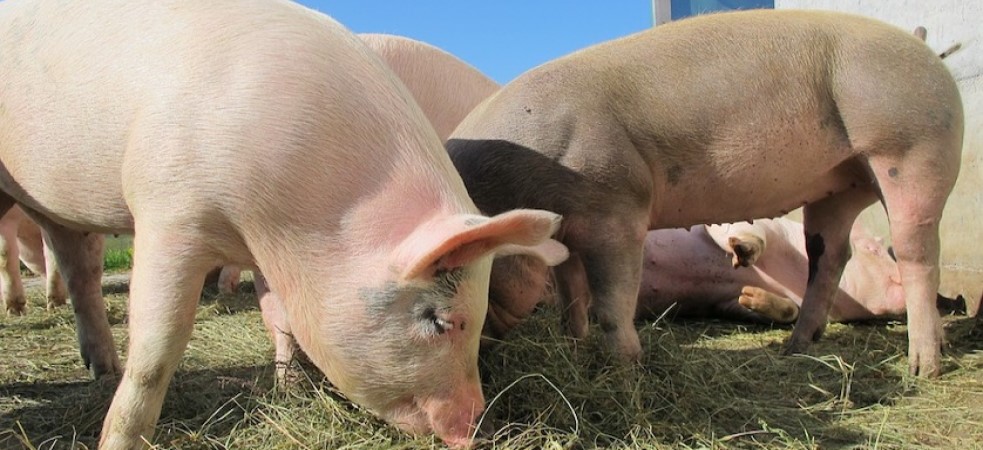UK supermarket Tesco has partnered with poultry processor Cranswick to relaunch its Tesco Sustainable Pig Group (TSPG).
The group was developed in partnership with Tesco’s long-term supplier Cranswick, and will cover all production methods used in the UK and include farms of varying sizes. Tesco estimated the group could be worth at least £670 million over the initial three years of the scheme.
The group will play a “significant role” in developing Tesco’s approach to sustainable production, providing a forum for suppliers, farmers and Tesco colleagues to come together and improve welfare, innovation, quality standards and collaboration.
Among the incentivised improvements in animal welfare will be a drive to increase the number of farms with enhanced farrowing, and decreasing stocking densities on farms across the TSPG.
Tesco currently operates Sustainable Farming Groups across a number of supply chains, including milk, cheese, beef, lamb and potatoes.
Forums for collaboration and innovation
Ashwin Prasad, chief commercial officer at Tesco, said: “Our dedicated British farmers have faced some challenging times recently, and we’ve been doing everything we can to support them. Our sustainable farming groups play a vital role, providing forums for collaboration and innovation, as well as encouraging improvements in product quality, animal welfare and environmental measures.
“With this in mind, I’m delighted to announce a step up in our support for our British pig farmers. Our new cost of production mechanism and bonus incentives will provide real benefits to farmers who will be able to invest in key welfare, sustainability and efficiency improvements.”
Adam Couch, CEO at Cranswick, said: “It is great to see Tesco’s continued commitment to British pig farming and we are delighted to be collaborating with them to ensure the long-term viability of the sector.
“Our own farming expertise, long standing producer relationships and partnership with Tesco will undoubtedly accelerate sustainable, higher welfare practices. We are excited to see how this innovative approach can benefit both producers and consumers alike.”









